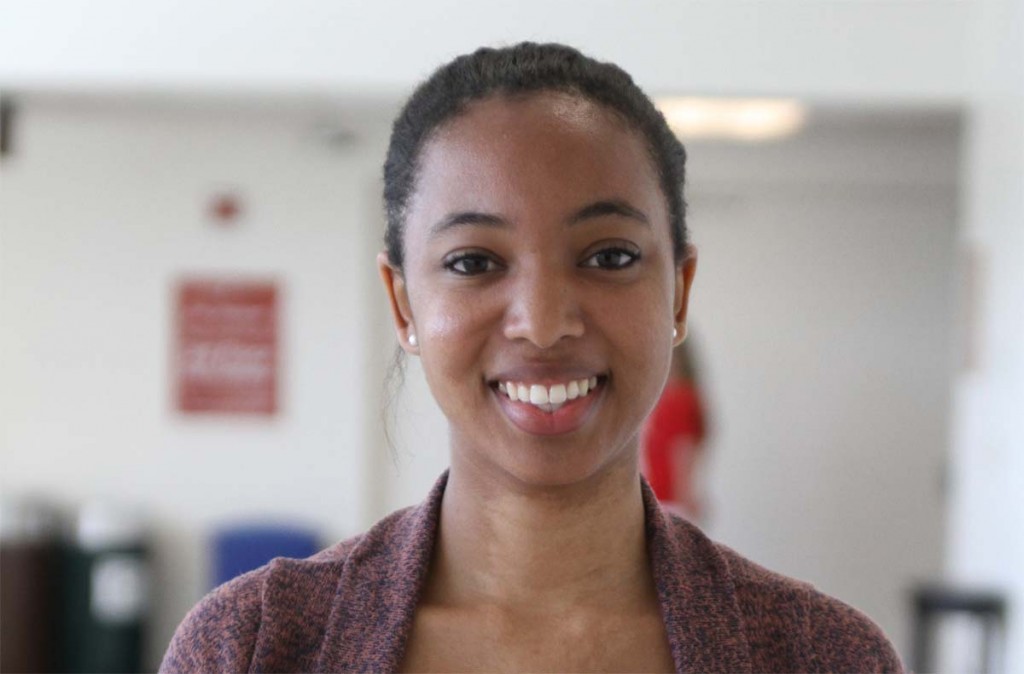
The Associated Students is seeking to expand student influence on academic affairs through increased representation.
The Student Academic Senate would exist to advise the A.S.’s director of university affairs on how to serve student interests at the university’s faculty and staff-led Academic Senate.
“The Academic Senate was built on the idea of shared governance,” said A.S. Director of University Affairs Nicole McAllister. “It’s time we as students were allowed an equal seat at the table.”
While the A.S. is capable of representing students on a system-wide level, the current structure lacks an entity capable of adequately serving students in academic and university-specific policies, McAllister said.
With only two student positions on the Academic Senate, the A.S. is hard-pressed to offer an effective communication bridge between the senate and students in the wide-spectrum of academic programs, she said.
“It’s hard to track down students that are directly knowledgeable of the issues facing their programs,” McAllister said.
Ideally, student representation on the Academic Senate can be increased over time, said A.S. President Taylor Herren, adding that the student senate would allow the A.S. to provide more effective representation for now.
Under the draft proposal, seven annually elected senators representing a specific college would sit on a committee that would advise the director of legislative affairs on academic issues.
Each senator would sit on councils of varying sizes depending on the number of different majors and programs housed within the college.
The councils would be comprised of college-specific representatives, such as the presidents of academic clubs, Herren said.
By structuring the senate as part of the A.S. as opposed to the university, student leaders can ensure that the senators are chosen democratically through the annual elections as opposed to being selected through appointment, McAllister said.
On Monday, a survey was dispersed through the university email system asking students about their academic experience and how the A.S. should be involved.
The survey may help students see the connections between themselves, their academic program and student representatives, Herren said.
McAllister said she hopes students will feel more invested in their academic programs at Chico State through increased representation.
“If we are looking to create a culture change, this is a very important step,” she said.
The A.S. Board of Directors will review the proposal for the senate on Monday.
Nicholas Carr can be reached at [email protected] or @theorion_news on Twitter.








